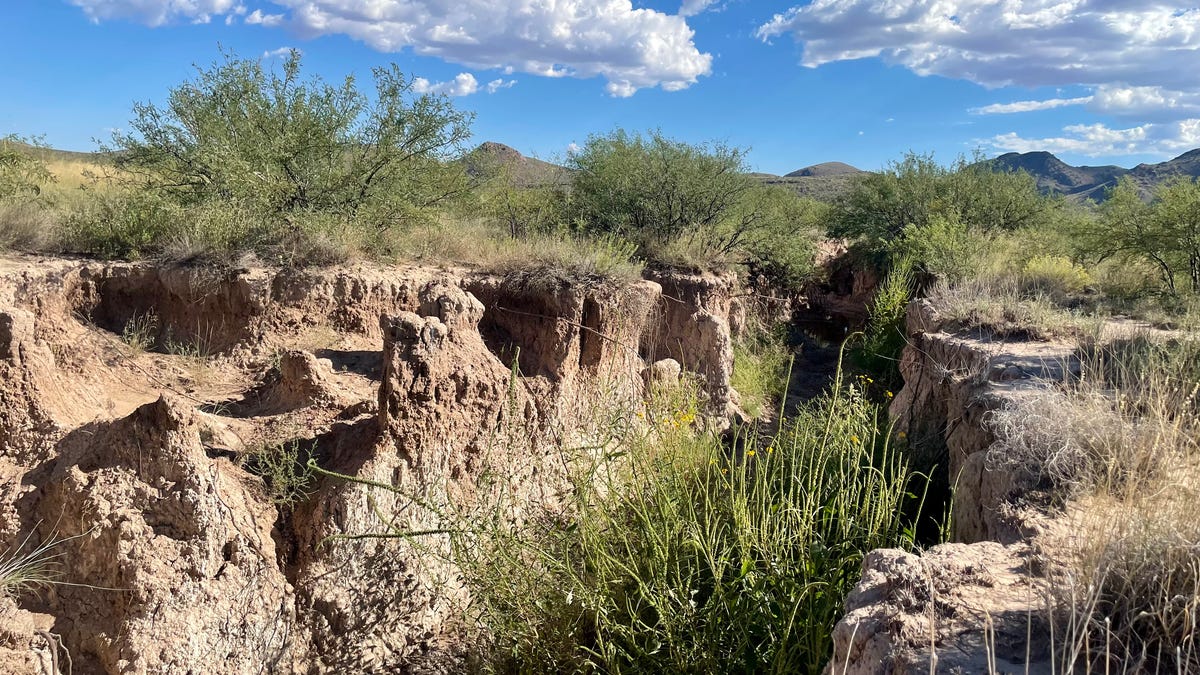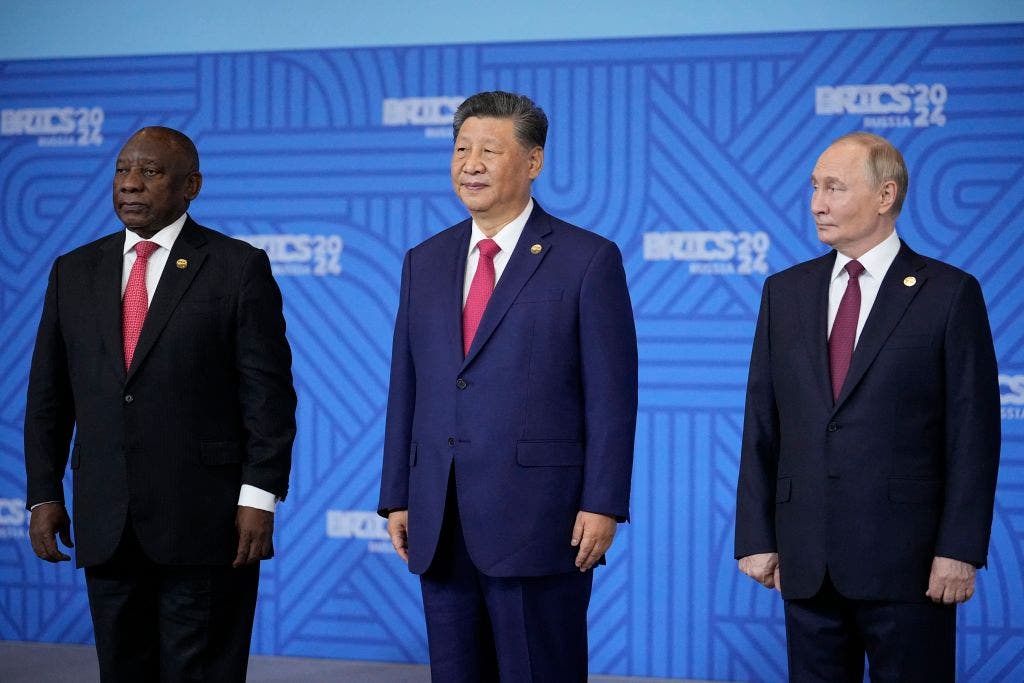Colombia has been locked in a vicious multiparty civil war for control of the country’s vast natural wealth, including fertile agricultural land, fossil fuels, and gold, for over six decades. It is the strife-torn country’s substantial oil and coal resources that have been at the center of that bloody struggle after a series of major discoveries during the 1980s. Allegations of collusion between Colombia’s government, corporations, including mining as well as oil companies, and rightwing paramilitaries to suppress organized labor and opposition to energy projects have swirled for decades. This includes claims that Colombia’s armed forces trained and armed paramilitary units while corporations, including national oil company Ecopetrol, financed their campaigns of intimidation and murder. The explosive testimony of former senior paramilitary commander Salvatore Mancuso, who was second in command of the United Self-defense Forces of Colombia (AUC – Spanish initials), and statements from other fighters have once again put those allegations under the spotlight.
In Mancuso’s controversial testimony (Spanish) before the Special Jurisdiction for Peace (JEP – Spanish initials) he accuses major corporations, including Chiquita Brands, Coca Cola, Drummond, and Ecopetrol, of financing paramilitary groups. The JEP is a transitional justice mechanism established as part of the 2016 peace agreement with Colombia’s largest guerilla group the Revolutionary Armed Forces of Colombia (FARC – Spanish initials). Former combatants from the FARC, Colombia’s armed forces, and third parties who have participated in Colombia’s bloody low-level asymmetric civil war, such as paramilitaries, are eligible to be investigated and tried by the tribunal. The JEP is a restorative justice mechanism designed to provide answers and where possible justice for victims of the conflict while imposing alternative penalties to prison for perpetrators.
Mancuso, who was once second in command of the AUC, revealed in his testimony how energy companies (Spanish) Drummond, a U.S. coal miner, and Ecopetrol maintained lengthy financial relationships with paramilitaries. This was done in exchange for the protection of their operations from attacks by leftist guerrillas. The former paramilitary commander went on to detail how security chiefs from those companies provided the names of unionists who were then murdered by paramilitary fighters. Mancuso further alleged paramilitary units were used to intimidate as well as even murder local community leaders, human rights defenders, lawyers, journalists, and environmental protectors opposed to energy projects. According to Mancuso, Colombia’s former internal security agency the Administrative Department of Security (DAS – Spanish initials), police and army, provided the AUC with lists containing the names of potential targets who were believed to be guerrilla sympathizers. Related: Oil Markets On Edge Ahead Of OPEC Meeting And U.S. Debt Deadline
Mancuso is not the only former paramilitary to level accusations at Drummond (Spanish) and its involvement in financing what were essentially rightwing death squads operating extra-judicially with the backing of the Colombian state. Former paramilitary Jairo de Jesús Charris Castro, who is serving a 30-year sentence for homicide, testified to the JEP in April 2023 (Spanish) about the 2001 murder of three trade unionists from Sintraminergetica, Colombia’s mining union. Charris alleges those killings (Spanish) were conducted at the behest of U.S multinational coal miner Drummond, which since 1985 has been operating in Colombia. Drummond holds three mining concessions with two operational coal mines, Pribbenow and Descanso in Cesar department, along with another three operations in development.
The exploitation of coal, like oil, became an important economic driver for Colombia with the fossil fuel emerging by 2000 as the Andean country’s third largest export by value behind coffee and petroleum which was, and still is, the largest legal export. Coal mining was not only a lucrative industry for Colombia with, indeed, politicians including departmental governors profiting from it, but also was lucrative for miners willing to risk investing in the strife-torn country. Colombian media reported Charris saying that Drummond had established a relationship with the northern bloc of the AUC for several years. Charris asserted that the murders were ordered by company owner Gary Drummond, former World President Mike Tracey and Colombia’s President Augusto Jiminez Meija. He further alleged that retired Colombian Army generals and colonels, who were employed by or associated with Drummond, participated in the meetings where the murders were planned.
This is not the first time that Drummond has been connected to the murders of union organizers in Colombia or accused of taking sides in Colombia’s long-running multiparty civil war. In a 2007 U.S. civil case, lodged by the United Steelworkers Union and International Labor Rights Fund on behalf of the families of the slain union leaders, Drummond was accused of aiding and abetting the AUC. The case was ultimately dismissed in 2012 by the U.S. District Court, an action which was affirmed by the Federal Court of Appeal in 2014. The U.S.-based coal miner asserted that the allegations are false and there is a cartel of false witnesses (Spanish) who along with Colombian and U.S. lawyers are seeking to enrich themselves by lying about its role in Colombia’s civil war.
The allegations against Drummond by Mancuso and Charris are not an isolated example. In 2016, Colombia’s Attorney General’s office charged 194 local and international companies with crimes against humanity for their financing of paramilitary death squads. That included prominent national and international companies including Colombian brewer Bavaria, domestic beverage company Postobón, Coca-Cola, Chiquita Brands, and Ecopetrol. It has even been alleged that former President Alvaro Uribe, credited with successfully suppressing leftist guerrillas in Colombia and restoring a semblance of law and order to what was a violent near failed state, had connections to the AUC (Spanish).
Mancuso alleges that Ecopetrol provided financing to paramilitaries in exchange for a range of undertakings. This includes the national oil company’s employment of paramilitaries to suppress unionists, environmental defenders, and communities opposed to energy projects through intimidation, kidnapping, and murder. The collusion between paramilitaries and Ecopetrol focused on the strategically important city of Barrancabermeja, which is at the heart of Colombia’s oil industry and contains the country’s largest oil refinery. There are allegations that paramilitary units collaborating with Colombia’s army and now the now-defunct DAS, regularly raided neighborhoods in the city where there were believed to be civilian supporters of leftist guerrillas. Those activities purportedly reached their peak when President Uribe ordered the restructuring of Ecopetrol in 2003 to make the company more efficient, profitable, and competitive with a view to a stock market listing, which finally occurred in 2007.
Mancuso asserted in his testimony that Ecopetrol made monthly payments to the illegal armed groups essentially contracting them to protect (Spanish) the Caño Limón Coveñas pipeline from attacks by leftist guerrillas. Colombia’s oil industry was viewed as a legitimate target by the leftist National Liberation Army (ELN – Spanish initials) and FARC. By the late-1980s oil companies operating in Colombia had become lucrative targets for extortion with the ELN and FARC eliciting large sums of money in exchange for not attacking wellheads, kidnapping employees or sabotaging industry infrastructure.
The 220,000 barrel per day Caño Limón pipeline, which connects the Caño Limón oilfield in the Arauca Department to the Caribbean port of Coveñas, was a favored target with it regularly attacked by guerrillas. After commencing operations in 1986, the pipeline had suffered over 900 attacks by 2003. Those assaults significantly impacted Colombia’s oil production and export volumes because the Caño Limón field, which delivered first oil in 1986, was among the strife-torn country’s most prolific oilfields. Suppressing guerilla attacks on the pipelines, wellheads and other infrastructure was crucial for Colombia to boost petroleum production and exports while attracting the capital required to develop the country’s oil resources.
It was President Uribe who was responsible for developing Colombia’s oil industry into the major economic contributor that it is today by implementing favorable industry policies, encouraging foreign investment and removing legal, regulatory and community obstacles. Between 2002, when Uribe entered office, and 2010 when he left, Colombia’s oil output grew from under 600,000 barrels daily to 800,000 barrels per day the highest level since 1999. According to the U.S. EIA, it was a sharp reduction in attacks on oil pipelines, with only 31 such incidents recorded during 2010 compared to over a hundred annually during the early 2000s, that was responsible for the surge in production. Those numbers highlight how the intervention of paramilitary groups allowed Colombia to build oil production and hence valuable exports which underpinned an economic boom in the strife-torn country at a time when the military proved incapable of protecting energy assets, many of which were vulnerable to attack because they are located in remote regions.
Mancuso alleges that a key method used by Ecopetrol to pay for the activities of paramilitary groups was allowing them to steal fuel through illicit valves (Spanish) attached to hydrocarbon pipelines. Officials at the national oil company would leave pumps running, despite pipelines being tapped, thereby allowing paramilitaries to extract fuel which was then sold in the underground economy. Mancuso even went on to allege that Ecopetrol supplied the required dyes to facilitate the sale of the fuel to gas stations. This method of payment is believed to have delivered millions of dollars of income to the AUC and associated paramilitary groups. Colombia’s leftist President Gustavo Petro recognized Mancuso’s claims (Spanish) stating “that Ecopetrol (was) allowed to finance the paramilitaries with public resources, means that the genocidal para-militarism has been financed by the Colombian State.”
By Matthew Smith for Oilprice.com
More Top Reads From Oilprice.com:













/cdn.vox-cdn.com/uploads/chorus_asset/file/25742882/DSC_1384_Enhanced_NR.jpg)











/cdn.vox-cdn.com/uploads/chorus_asset/file/24924653/236780_Google_AntiTrust_Trial_Custom_Art_CVirginia__0003_1.png)





/cdn.vox-cdn.com/uploads/chorus_asset/file/25672934/Metaphor_Key_Art_Horizontal.png)
